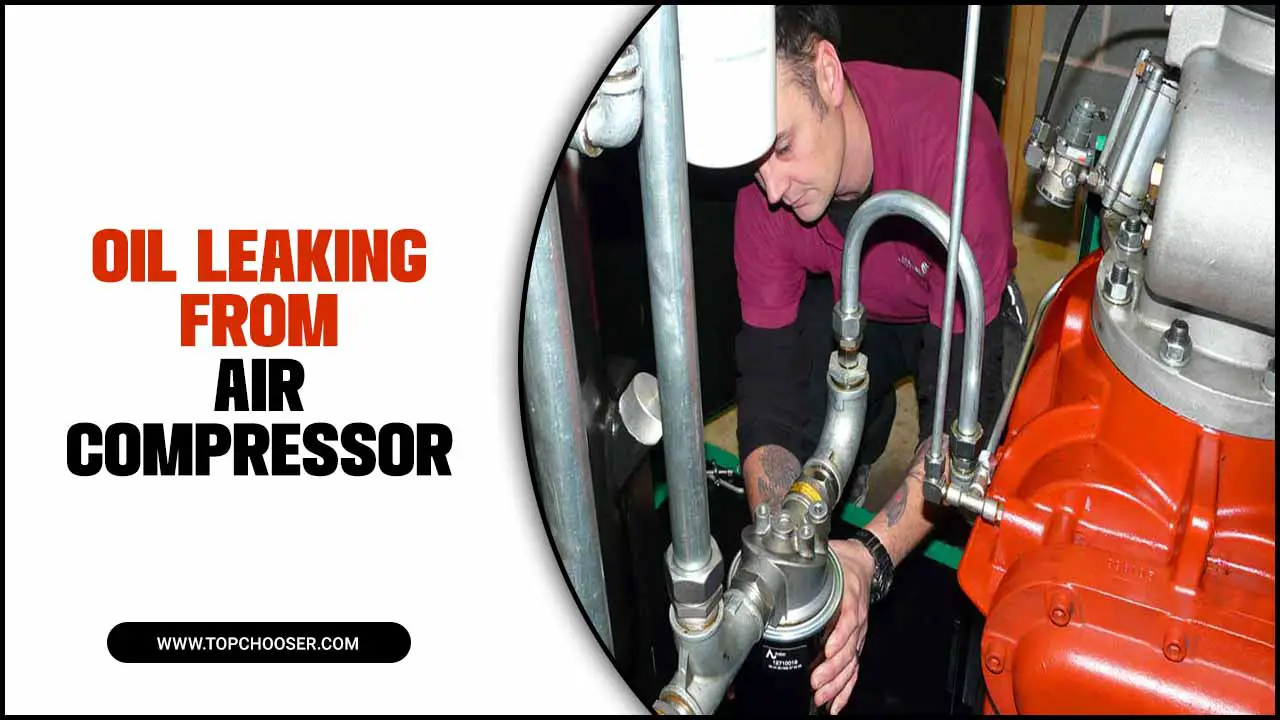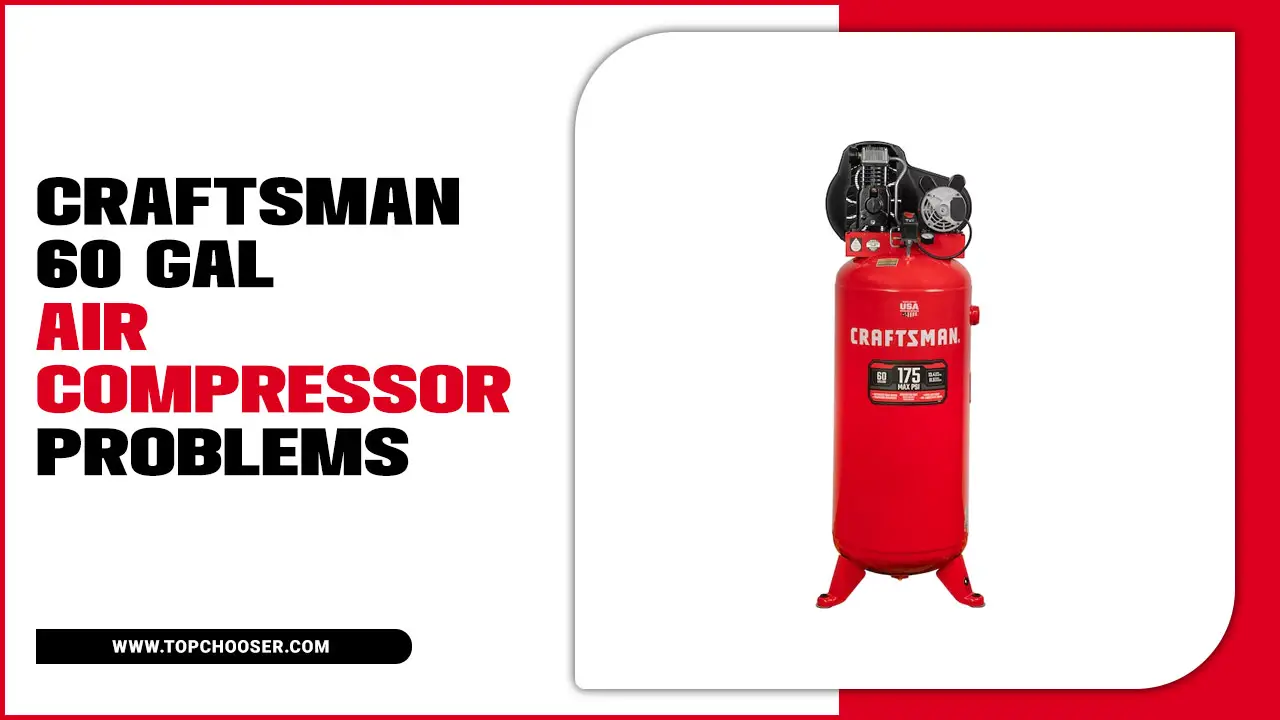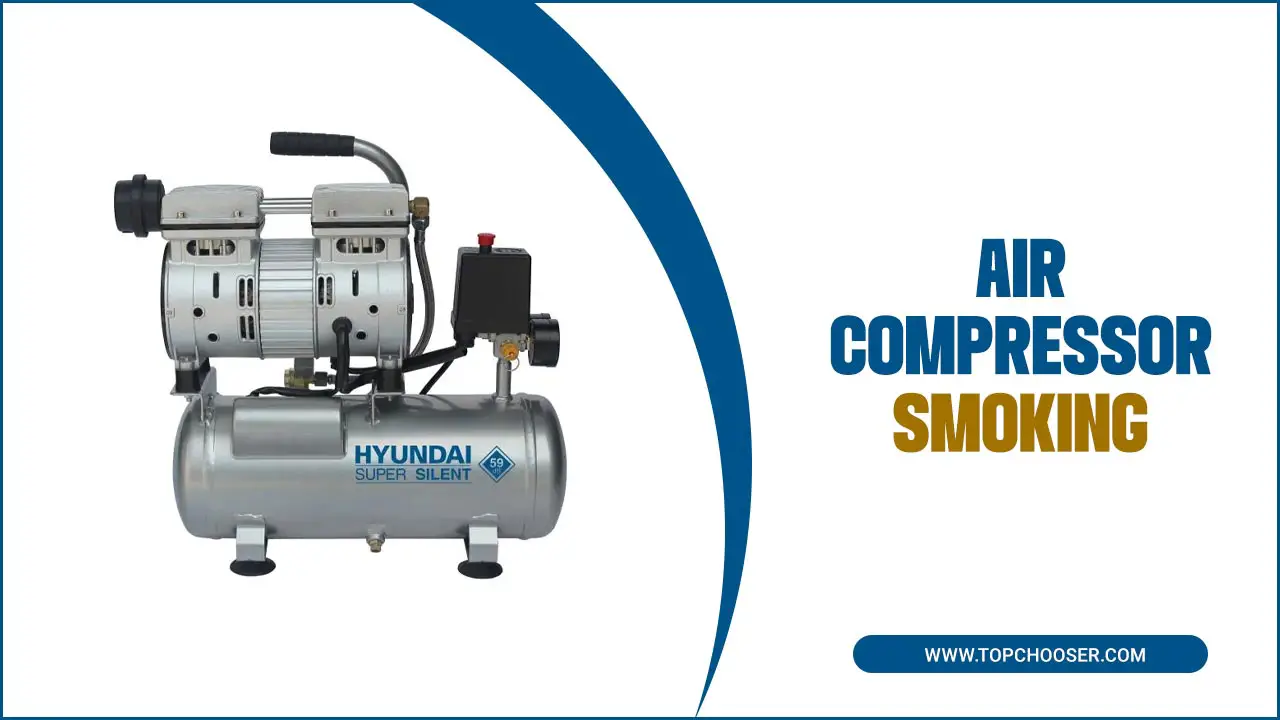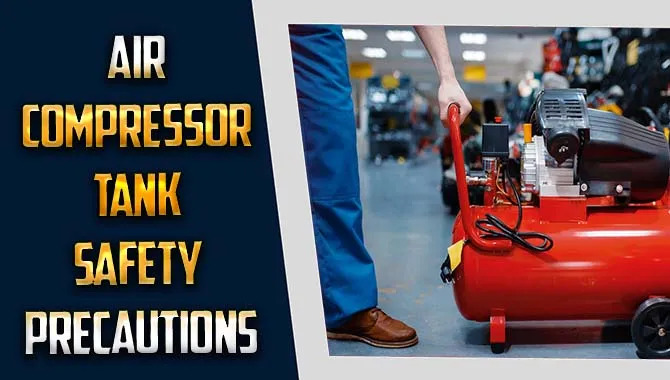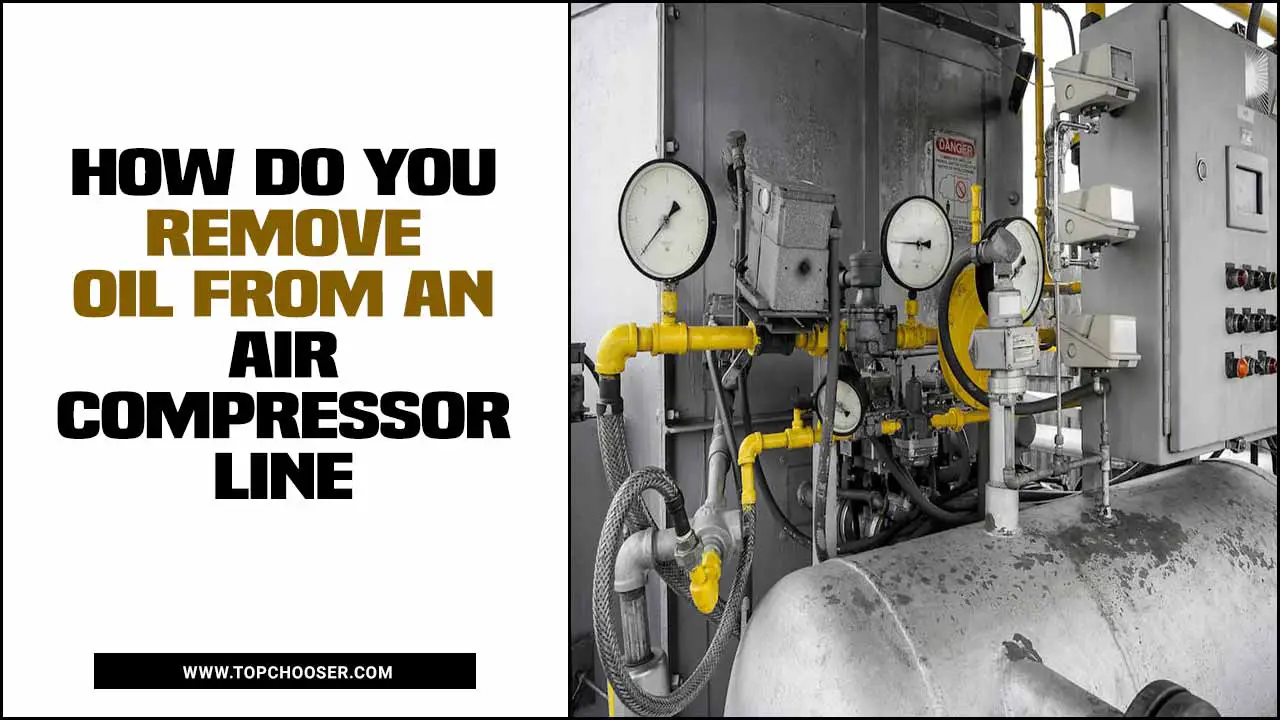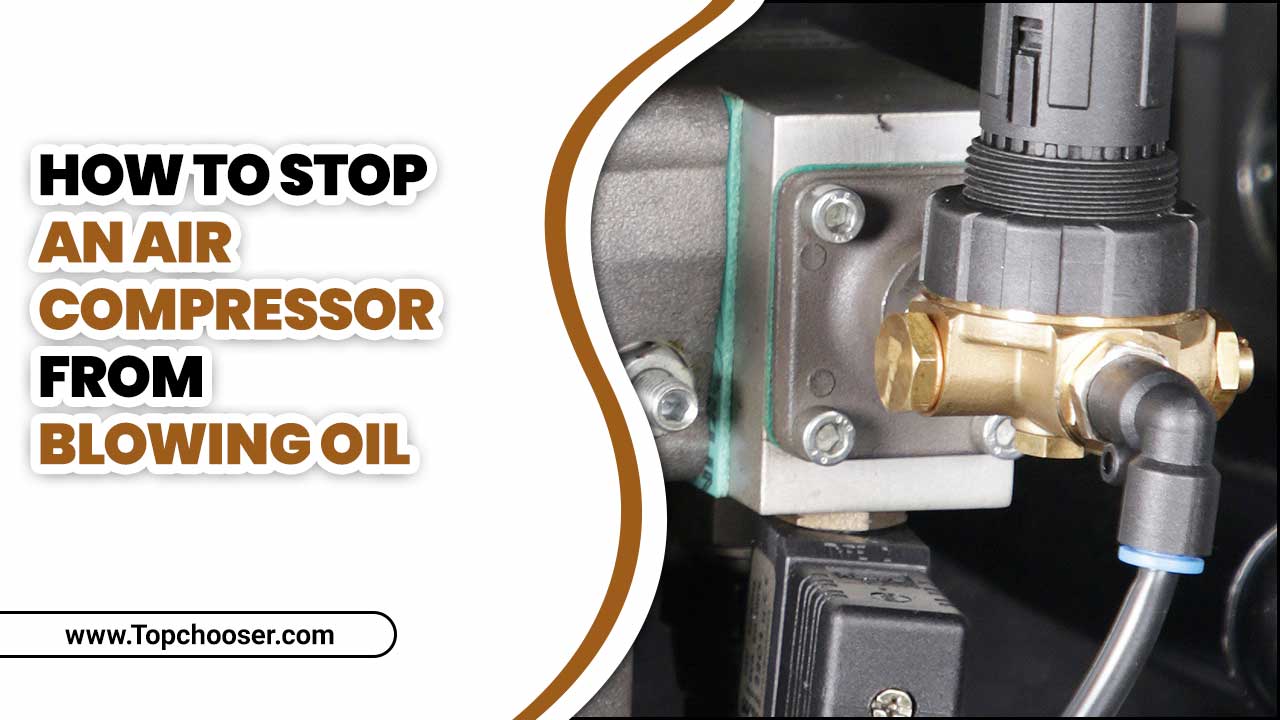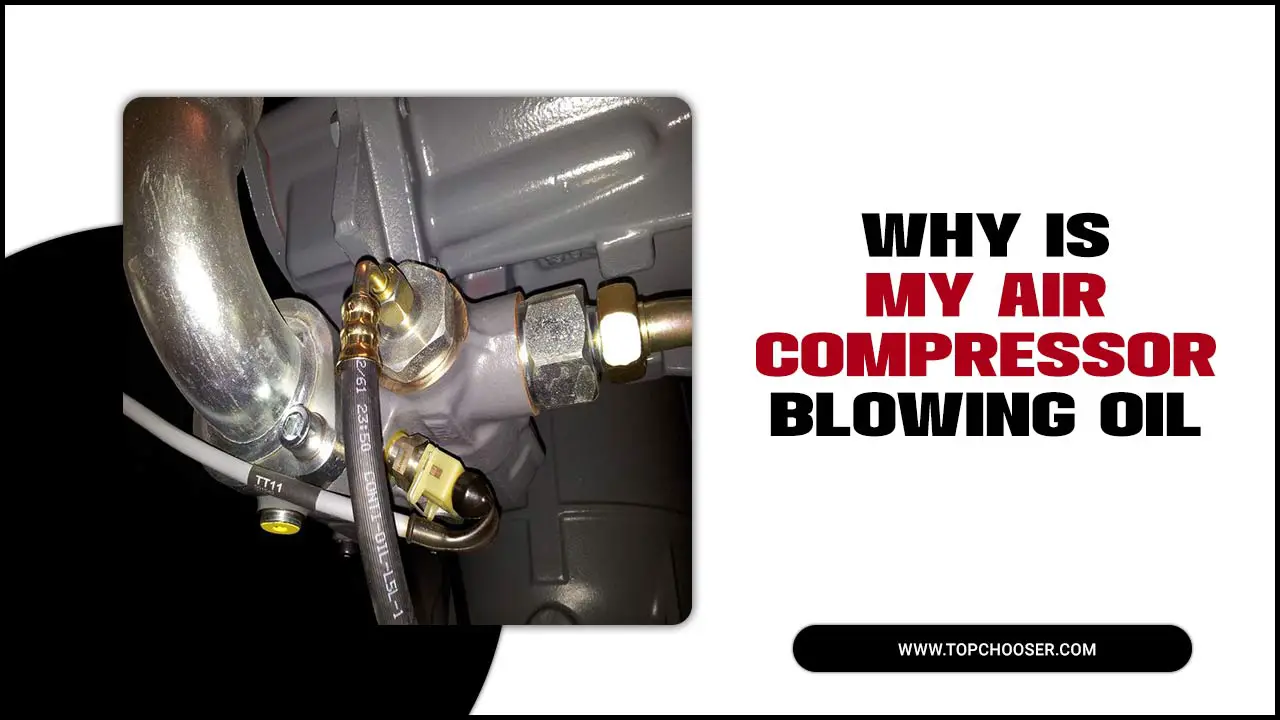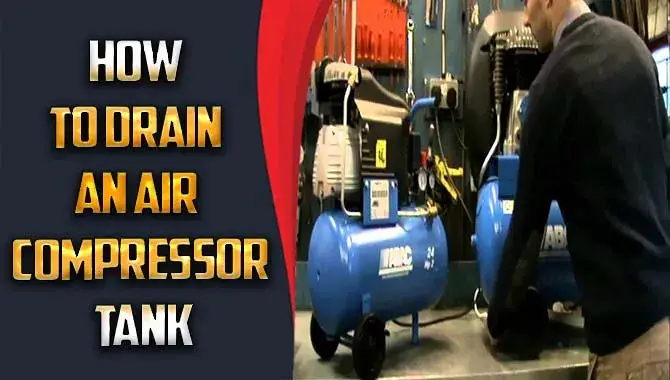Air compressors are essential for oil rigs and other operations that require compressed air. However, air compressor tanks are vulnerable to wear and damage. This could lead to pressure problems in the system or air leaks.
The air compressor tank is an important part of your air compressor. Without it, air cannot be compressed and air pressure would be low. It is also the place where the air compressor’s oil reservoir is. When problems arise with the air compressor tank, your air pressure will be low and you may face other problems as well. Read to understand common problems with air compressor tanks and how you can avoid them and repair them yourself if required.
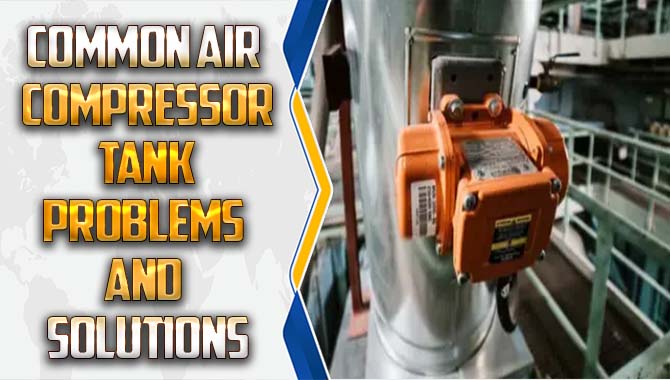
7 Easy Steps Common Air Compressor Tank Problems And Solutions
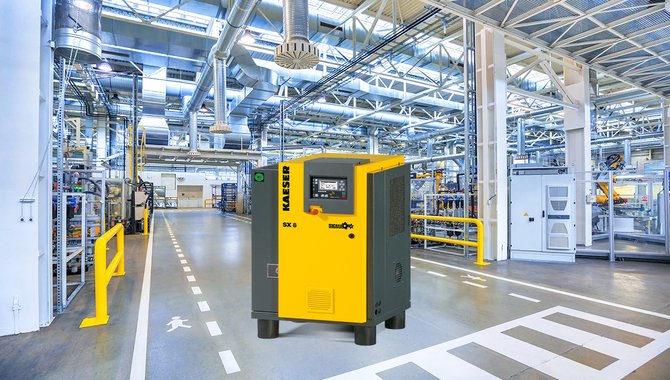
Air compressor problems can be detected through the use of pressure gauges or pressure relief valves. By checking for a leak and ensuring that air is being pumped in, it becomes easier to check for any problems with the compressor.
When air compressors are not working as they should, it has been found that components such as the intake valves, pressure valves, gaskets, piston seals and check valves should be checked for wear and tear.
Some air compressor problems could be caused by blocked intake filter, ill-fitting couplers, pressure gauge setting to low or components like the pressure switch, and unloader valve being faulty. This ensures the safety of people around the compressor and prevents accidents from occurring.
1. Compressor Failure
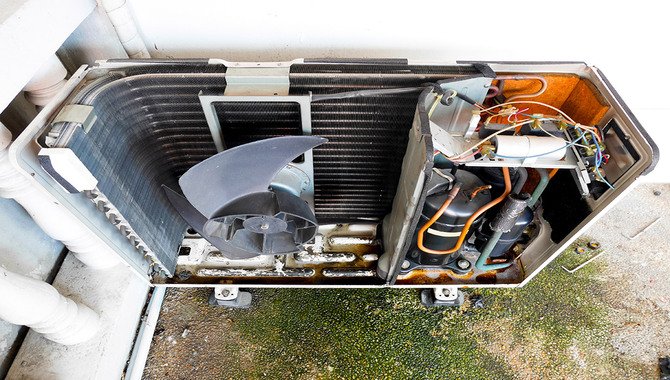
Compressor failure can occur when the compressor reaches its cut-off point, but the tank continues to discharge pressure. In some cases, it can be caused by a faulty switch, pressure transducer, belt, or drive coupling. Other possible causes of compressor failure can include worn-out starters and capacitors.
If the compressor is unable to reach sufficient pressure, it could be due to a defective reed valve or unloader valve. Compressors can also fail to start if there is the insufficient air pressure in the tank and incorrect cut-in settings on the pressure switch. If you are experiencing compressor problems and are unsure of the most likely culprit, consult with your air compressor manufacturer for assistance.
2. Bogged Down Issues
A bogged-down air compressor can be caused by a number of issues, including a blocked air intake filter or faulty inlet valve or control. When this occurs, the compressor may not reach the required pressure.
Another common cause of air compressors not reaching their targeted pressure levels is a pressure release valve issue. This can result in the compressor being too pressurized and possibly damaged.
If safety valves are malfunction, air compressors may not achieve desired pressure levels. Worn piston seals or rings in a reciprocating compressor can also be a cause for the compressor not reaching the required pressure.
3. Air Leaks
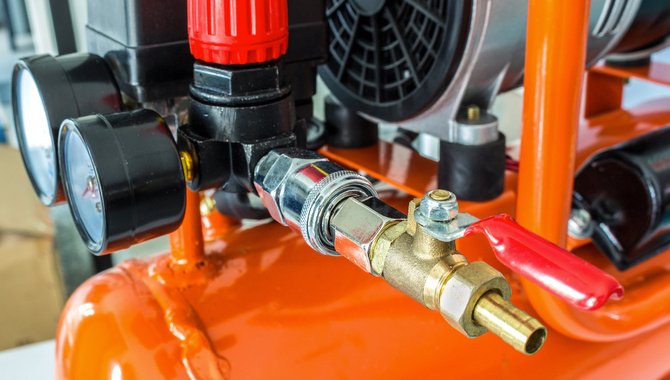
Air leaks are common problems with air compressor systems. These can be caused by a range of issues, such as leaky connections, damaged or worn piston seals, and oil-fill tube leaks. Damaged or worn piston seals can leak air from the oil fill tube of the compressor.
Air can also leak out of the compressor through various other components, such as the air filter, coupler, pump head, pressure relief valve, and air tubes.
Air leak issues are usually easy to fix but should be taken into account as soon as possible. If you notice an air leak in your compressor system, it is best to check all components for damage or wear and replace any parts that need updating. This will help ensure the efficient operation of your compressor and prevent costly repairs in the future.
4. Pressure And Flow Problems
Compressors can experience problems with pressure and flow, which can manifest in symptoms like plateauing around 40-80 PSI. If air is coming out of the compressor’s intake filter and the compressor pump gets suddenly louder, it may indicate a problem with the compressor itself.
The pressure release valve (PRV) is an important safety device that must be in working order to safely use a compressor. If it malfunctions or fails, it may prevent the compressor from releasing pressure to its tank and
resulting in a safety hazard. If the pressure isn’t released properly, the compressor can become damaged and require replacement. Alternatively, if the pressure release valve functions properly but there is still a high level of flow resistance, this may be due to a defective reed valve. In this case, replacing the valve with a new one will solve the problem.
5. Uncharacteristic Noise And Vibrations
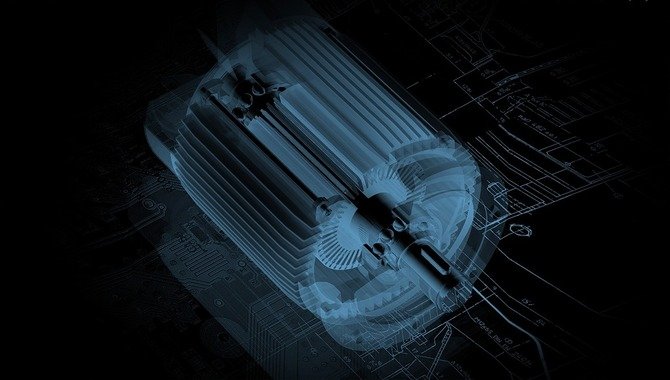
Air compressors may experience excessive vibration and noise due to loose parts or broken components caused by the vibration. If the air compressor is experiencing problems with excessive vibration, check for a malfunctioning reed valve.
A defective reed valve can exhaust air out from the air inlet instead of passing it through the intercooler and out through the discharge. If the air compressor is experiencing problems with excessive noise, check for a malfunctioning pressure valve. A malfunctioning pressure valve can cause the compressor to not build pressure, resulting in the inability to reach the desired psi.
Other common causes of compressor problems include damaged or worn components such as internal oil or filter, tank check valves, and intake and discharge valves. For air compressors with problematic compressor problems, replacing worn or damaged components usually solves the problem.
6. Oil Problems
Oil carryover in air compressor tanks can cause rapid heat buildup, oil droplets in the air, and early damage to parts. To prevent oil problems, use the right oil viscosity and ensure that your air compressor is not overfilled with oil. Common oil problems include expired oil, aerosolized oil, and inadequate oil viscosity.
To fix these problems, adjust the cut-in pressure, replace valves and gaskosity filters, or clean the tank. Preventive maintenance of air compressor is necessary for its health and longevity. Regular maintenance of air compressor would help in preventing oil problems and other issues.
7. Extremely Hot Emissions
The discharge of air from air compressor can lead to the emission of extremely hot air. This can be harmful to the surrounding environment and internal machinery of the air compressor. Hot air emissions from air compressors can create hazardous conditions, putting the compressor at risk.
The common causes of extremely hot air coming from a compressor include limited intake, worn valves or head gasket, and dirt accumulation in the machine. To ensure safe operation, pressure vessels must be designed to withstand high internal pressures over a long period of time. Additionally, safety valve failure can also lead to excessive heat emission from an air compressor tank.
Incorrect installation, weld failure, or improper repair of cracks or leaks in an air compressor tank can all lead to the tank deteriorating and failing prematurely. This may result in unsafe operation or overheating of the compressor.
To prevent this from happening, it is important for safety personnel to inspect air compressor tanks regularly and take necessary action to repair or replace them if they show signs of wear or damage.
Tips For Avoiding And Fixing Air Compressor Tank Issues
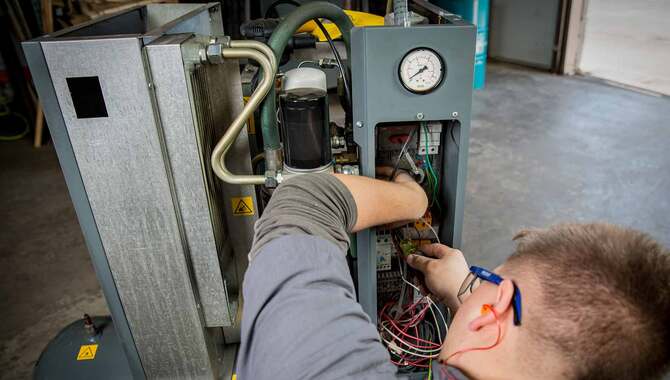
Air compressor tank problems are common and can lead to low pressure or flow issues. Here are some tips to avoid and fix air compressor tank issues:
- Check for leaks in the compressor line to fix low pressure and/or flow issues. Leaks in the air hose can result in low air pressure or flow, which can cause damage to the air compressor. Use a leak detection hose as a check valve in the air hose to check for leaks and prevent problems.
- Make sure to use the correct oil viscosity and do not overfill the oil tank to avoid oil-related issues. The oil viscosity of air compressor oil should be between 10 and 25 cSt at 50 degrees Fahrenheit. Overfilling the oil tank can result in excessive oil pressure, which could damage the compressor or bearings.
- Tighten any loose pulleys, flywheels, belts, coolers, or accessories to reduce excessive noise during operation. Loose accessories such as pulley belts may cause excessive noise during operation. This noise can also damage bearings or other parts of the air compressor. Regularly inspect air compressors for wear and tear and check accessories for loose fitment to prevent issues with noise
- Carry out regular inspections and maintenance to reduce the risk of compressor faults. Carry out regular inspections of air compressors for signs of wear and tear, internal problems, or debris buildup. This will help prevent problems that could damage bearings or other parts of the air compressor
In general, proper use of lubricants and cleaning products will go a long way in preventing air compressor tank issues from occurring.
Get Professional Help With Your Air Compressor Tank Problems
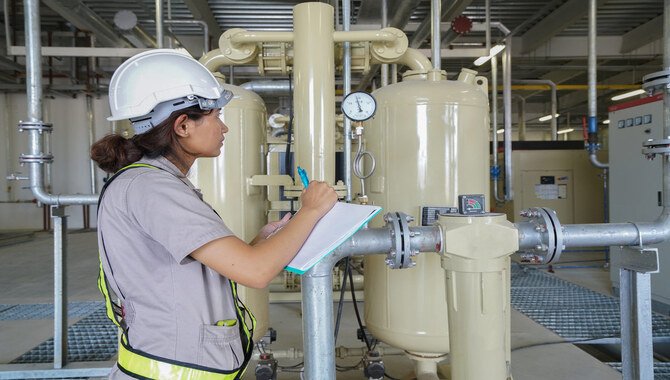
If you’re having air compressor issues, the first step is to check for worn piston seals. If this is the case, it may be time to perform a piston ring adjustment or a piston check.
- If your compressor is having difficulty starting, shutting down, or providing air pressure, it may be due to several issues. These could include worn parts or a lack of oil in the system. Ensure that there is enough oil in the air compressor system and that the air compressor bearings are properly lubricated.
- To ensure that the job is done right, contact compressor service
- It’s crucial to perform routine maintence on your compressor as you would with any other machine or tool. This includes checking the oil level and changing it when necessary. It can also help to clean the air filter and check for debris inside of it.
- If you’re having trouble troubleshooting, it may be time to replace your air compressor. This will ensure that it is operating as efficiently as possible.
Conclusion
The air compressor tank is an essential part of your air compressor system. However, it can become leaky if not maintained well. If you are experiencing any of the problems mentioned above, get in touch with knowledgeable experts who can help you solve the issue as soon as possible.
They can check for air leaks and other common problems, and provide solutions that work. By following their expert tips, you can get rid of air compressor tank problems like air leaks and pressure loss.
Frequently Asked Questions
[rank_math_rich_snippet id=”s-8fcfcda3-859a-4780-aeac-1d188879ec41″]

I am passionate about home engineering. I specialize in designing, installing, and maintaining heating, ventilation, and air conditioning systems. My goal is to help people stay comfortable in their homes all year long.

